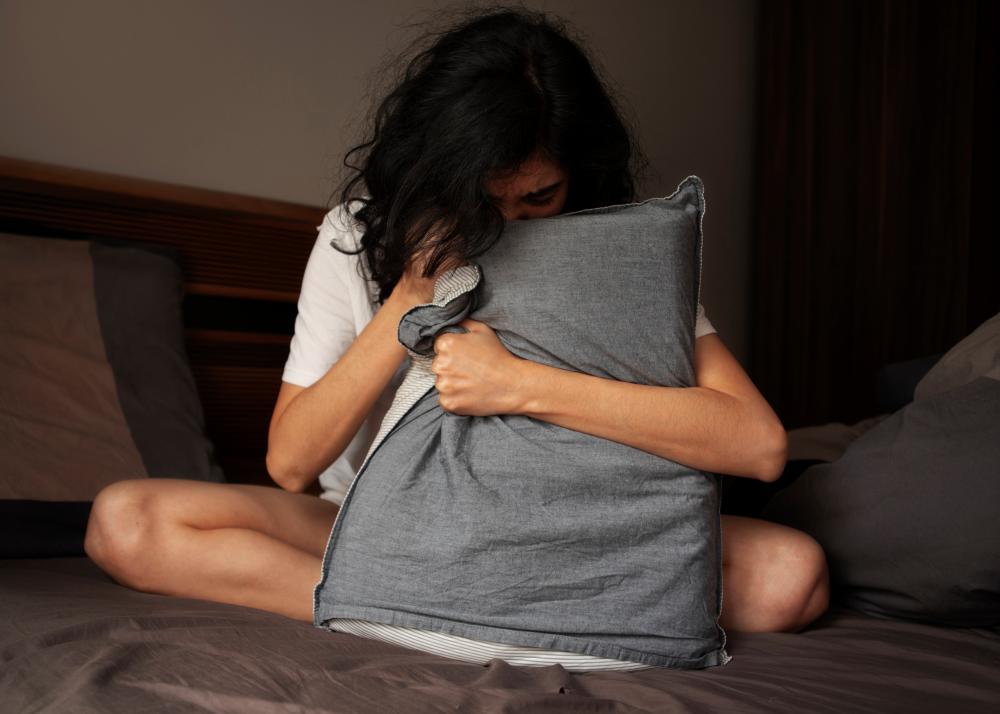PETALING JAYA: Sisters in Islam (SIS) is calling for amendments to Section 375 of the Penal Code to specifically make marital rape a crime even when no threat or danger to life is involved.
Its senior legal officer Ireeny Muzammel said a conflict exists as marital rape is a crime under Section 375A of the Penal Code, which provides that any husband, who during the subsistence of a valid marriage, causes hurt or fear of death or hurt to his wife or any other person to have sexual intercourse with his wife shall be punished with imprisonment which may extend to five years.
Ireeny said although Section 375A offers women some protection, it nonetheless remains inadequate as it fails to acknowledge rape directly, but addresses situations where a husband only causes “hurt, fear of hurt, or death”.
“However, the ‘exception’ in Section 375 states that “sexual intercourse by a man with his wife by a marriage which is valid under any written law for the time being in force or is recognised in Malaysia as valid, ‘is not rape’”.
Ireeny said this implies that sexual assault within a marriage is acceptable.
She added that Malaysia’s legal framework regarding marital rape is insufficient as it does not explicitly classify it as a criminal offence.
“This lack of legal recourse when marital rape occurs without explicit threats can discourage victims from reporting such incidents. Currently, we are publishing our position paper on marital rape, which tackles the legal and religious aspects of such violence.”
Ireeny said while women have the right to decline sexual intercourse within a marriage, from 2020 to 2022, SIS received more than 20 complaints of sexual abuse and marital rape.
“The women told us of their struggles, trauma and the pain they suffered while experiencing marital rape. But the fact is that women have the right to decline sexual intercourse regardless of whether they are in a marriage or otherwise.
“Rape can still occur without physical harm or fear thereof, such as through intoxication or other forms of coercion.”
She added that in cultures where patriarchal norms are prevalent, women may be seen as subordinate to their husbands, and their consent to sexual activity may not be considered necessary.
Ireeny said that based on SIS’s legal consultation sessions with victims, most of them are prone to self-blaming, isolation and guilt-trips, believing that marital rape is part and parcel of being an obedient and dedicated wife.
“We believe many women are still confused and scared to take action against their husbands for such violations. There are so many considerations that these women struggle with, such as the fear of divorce, their children’s future and societal perception.
“Hence we encourage society to be more supportive, non-judgmental and realise that women have feelings and rights too.”
SIS is actively working on a campaign called #MarriageIsNotLicenceToRape #WifeShouldBeRespectedNotViolated in its effort to create awareness and debunk religious narratives that have been used to justify the marital rape of wives.
Meanwhile, the Social Welfare Department said it can issue emergency protection orders for victims of domestic violence under Section 3A (Act 521) of the Domestic Violence Act 1994.
“The department has consistently exercised its authority under Section 19 of Act 521. We respond to complaints regardless of the category of domestic violence. Police investigations serve as a crucial step in addressing these offences,” its spokesman said.
She said the department actively collaborates with government agencies and NGOs such as the Women’s Aid Organisation, Women’s Centre for Change, and Wanita Berdaya Selangor to address issues under the Domestic Violence Act 1994.









